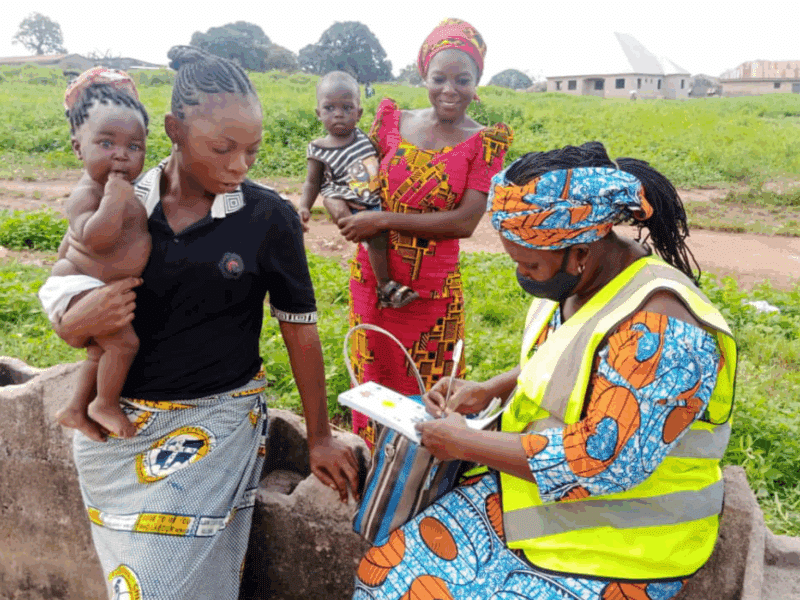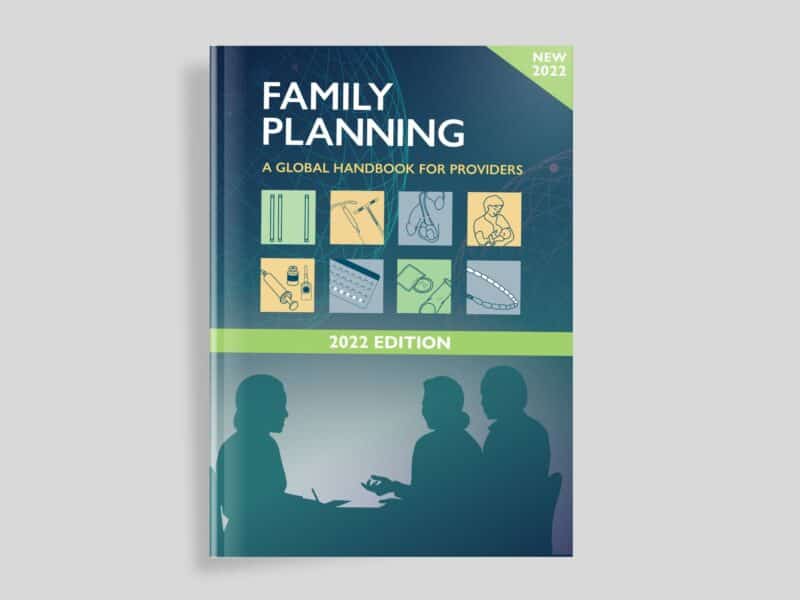Blecyn George Monsi has more than 50,000 Twitter followers. Alaka Olanrewaju Mayowa has nearly 54,000. Victor Salami Aka Baba Ibeji has 253,000.
On a recent Friday, all three of these Nigerian social media influencers were engaging their followers on family planning, the effectiveness of condoms and whether they would take contraceptives for free if offered.
It was a coordinated effort called #FPFriday, spearheaded by the Center for Communication Programs’ Nigeria Urban Reproductive Health Initiative (NURHI) where experts and communicators come together to answer family planning questions that are then shared broadly via Twitter. The Nigerian non-profit Development Communications (DevComs) Network, which works under CCP on the NURHI program, coordinated the effort.
“Social media is such a powerful tool to use to reach young people,” says Aisha Waziri, a youth advisor in Kaduna State for NURHI. “We have found a way to get accurate information to young people by using a platform that is second nature to them.”
In Nigeria, young people are initiating sex between the ages of 13 and 16 – increasing the chances of exposure to sexually transmitted infections and unplanned pregnancy. Access to essential contraception information and services is low. While young people in Nigeria prefer to learn about these issues from their parents, cultural norms inhibit those discussions, leaving young people to learn from friends and social media. NURHI wanted to make sure the information they receive there was accurate.
“Nigerian youth and adolescents, like their counterparts, are usually glued to their communication gadgets and social media sites which is why #FPFRIDAY is a strategic approach to create sustainable public discourse on family planning among young people,” says Fausiat Modupe Balogun, a program officer for DevComs.
To that end, NURHI and DevComs recruited and trained more than 120 young bloggers and social media influencers (ages 18 to 30) to create conversations during the #FPFriday live chat on Twitter. During each conversation, they are asked to like, retweet, reply and ask questions to engage other Twitter users and create a multiplier effect. In order to ensure the influencers were providing the best information, NURHI gave them a crash course in family planning and continues to share information with them via a WhatsApp group.
If you find out your 15 year old sister or brother have been having unprotected sex what would you do?#FPFriday #Getitogetherng
— Blecyn (@Blecyn1) May 18, 2018
The strategy brought immediate results. The first #FPFriday in February reached 69,357 Twitter users, and made an impression on 495,960 people. Four weeks later, they reached 689,582 accounts and made an impression on nearly 6.3 million people. Twenty million people have been reached since the program began, according to DevComs.
“When they tweet or retweet about family planning, it goes everywhere in the country,” Waziri says.
Before the training, says Margaret Bolaji, a youth advisor in Abuja for CCP, some of the influencers held their own misconceptions that family planning isn’t for adolescents and youth. After the training, where they were taught that family planning is really part of life planning and not just about contraception, they changed a few minds. Bolaji recalls one such moment when, she said, “We’ve got a convert!”
Says Waziri: “If we continue social media engagement with young people, we will make a tremendous impact and will make information easier to access. When you post something on social media, it can spread beyond your imagination.”





